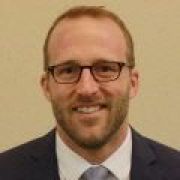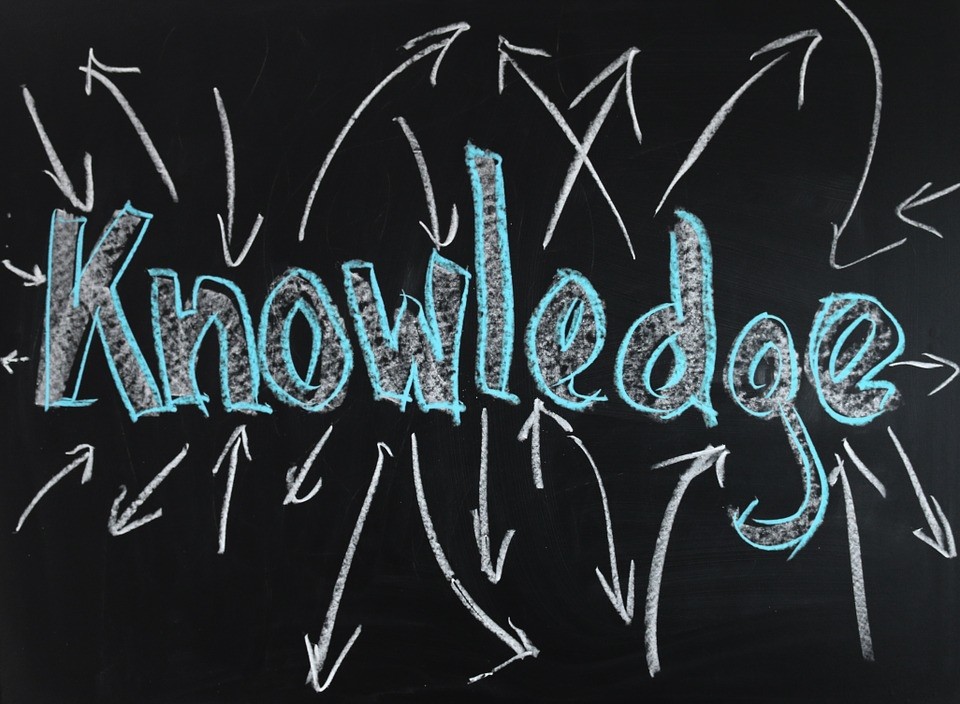“But what do I really need to know!?” asks the concerned student. Being the sage health professions educator you are, you respond with a turning of the table. “What would your patient would want you to know?”
Although seemingly glib, this axiom has helped guide the depth and breadth of curricula for decades. Health professions education has traditionally been defined largely by a student’s ability to compile and recall the voluminous amounts of knowledge necessary for the safe and effective practice of their discipline. What does this mean in the context of competency-based education? What happens when what was once true is now false?
The concept of half-lives often conjures up images of the periodic table and chemistry class. Just as with the 29 known radioactive elements, knowledge also decays, with new information supplementing and supplanting what was previously thought on an ongoing basis. In this way, we can think of facts as having a half-life, or the time it takes for half of the information to be replaced or disproven. What the most expert physician, dentist, or pharmacist knew in 1931 would today make a clinician incapable of safe and effective practice.
In those decades, the facts proven, disproven, and discovered fundamentally changed clinical practice in a multitude of ways. Immunizations, antibiotics, technology, and other advances all led to what is estimated in Little Science, Big Science…and Beyond as an 87-year doubling time of available medical knowledge. Said another way, a publication in the health and medicine literature is now expected to have an overall half-life of only two to three years.
From this example, and from experience, we know what we learned in our own training has variable staying power. The rate and magnitude of change has no indication of slowing down. With this perspective and the movement in health professions education toward a competency-based model, we must ask ourselves what it means to be competent over the long arc of a career. Acknowledgment of the limitations of what we know is a start in preparing for the ongoing learning effort that is demanded by changes and growth in the knowledge that guides. Shane Parrish, in his Farnam Street Blog post on the topic put it this way:
“As a body of knowledge doubles so does the cost of wrapping your head around what we already know. This cost is the burden of knowledge. To be the best in a general field today requires that you know more than the person who was the best only 20 years ago. Not only do you have to be better to be the best, but you also have to be better just to stay in the game.”
Beyond the ability of our professions’ entry level curricula to manage the cost of knowledge associated with training (which is another massive topic in itself), how do we prepare health professionals with the skills to absorb that cost over the course of their careers? How can clinicians avoiding the scenario of running faster and faster to merely not fall behind?
“The faster the pace of knowledge change, the more valuable the skill of learning becomes.”
Consider the doctor-endorsed cigarette ads of the past or the assertion that caffeine shortens life, then the declaration it extends it (hooray!). We must prepare ourselves and our learners for a practice that is ever-changing. To keep pace with knowledge decay, its costs, and the changes that result, we must provide our students the skills to be lifelong learners. Not only that, but we must also develop the systems to help busy practitioners more effectively maintain the knowledge necessary to practice safely and effectively. Medical knowledge will continue to grow and decay over time, but the implications for health professions training curricula and continuing education are timeless.
We ask our students to see the bigger picture of their professional training as an ongoing process of growth rather than a one-time demonstration of knowledge or skills. Yet, we tend to place significant emphasis on high-stakes summative testing. While we must certainly have standards which a graduate must meet, in the evolution of competency-based education, are there better curricular and assessment strategies that reinforce continuous, ongoing improvement? The competency-based movement and the use of tools such as entrustable professional activities may offer significant opportunity for real world observation and feedback that support this sort of growth.
The next era in health professions education will continue to be impacted by the tremendous burden of the cost of knowledge growth and decay. We should start to rethink the outcomes of a competency-based education to include engagement in the skill of learning to support ongoing professional development.
Cody A Sasek

Cody Sasek, MPAS, PA-C (Educators ’18) is a Physician Assistant educator practicing emergency medicine. Cody currently holds a position as Chief Clinical Director of the Creighton University PA Program in Omaha, Nebraska. Cody’s areas of professional interest include competency-based education, student motivation theory, and faculty development. Cody can be followed on Twitter @CSasekatCU or reached by email at codysasek@creighton.edu.

